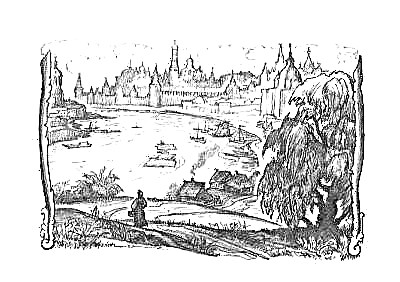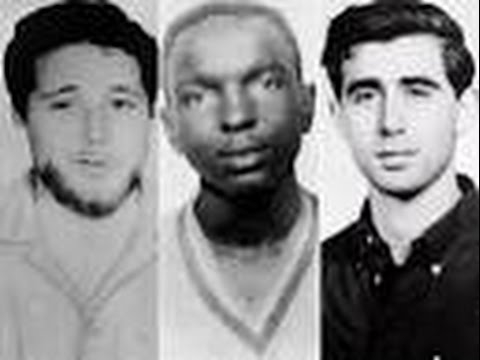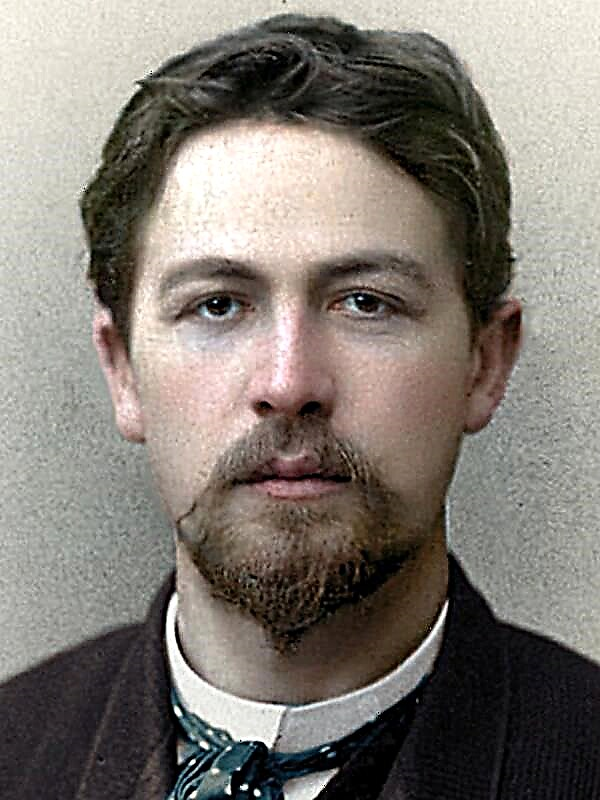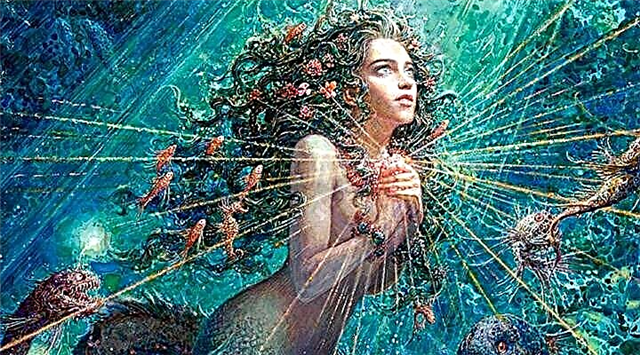(380 words) The protagonist of the novel F.M. Dostoevsky's "Crime and Punishment" is Rodion Romanovich Raskolnikov. He is mired in complete poverty, does not work and does not study, lives in a small, cramped, stuffy room, like a closet.
The young man’s path to crime begins with the fact that he learns about a usurer who can “help” financially. After he first laid the ring that his sister gave him, he overheard the conversation between the student and the officer, which most clearly remembered the student’s proposal to kill the old woman for the common good.
Then he lays his father’s watch with the old usurer Alena Ivanovna. After this, Raskolnikov is torn by a feeling of dislike for himself:
Oh my God! how disgusting it all is! And really, really I ... no, this is nonsense, this is absurdity! And could such a horror come to my mind? What dirt, however, is capable of my heart! The main thing: dirty, dirty, disgusting, disgusting! ..
The image of a usurious woman symbolizes a worthless and harmful life: “A dry old woman, about 60 years old, with sharp and evil eyes with a small, sharp nose ... Her blond hair, slightly gray hair, was oily greased. On her thin and long neck, similar to a chicken leg, some flannel rags were wrapped up ... ” Taking advantage of the fact that her clients are often in a hopeless situation, the old woman assigns huge percentages and essentially steals people, thereby pushing them to a crime, further digging them into poverty. Realizing this, the hero concludes that it will be easier for the poor to live without an old woman: at least they will not stupidly part with their values, becoming victims of fraud. In addition, the ritual murder was to become an act of civil retribution to those who were harmful to society. All these thoughts convinced Rodion of the exaltation of his destiny and the exclusivity of his role in the lives of other people. This comforted the poor “former student” on the verge of despair, which by that time had plunged his message about his sister's marriage. Dunya sold herself for his sake and his mother to a vile and low egoist - Mr. Luzhin. Raskolnikov himself was helpless before her selfless determination, he had nothing to offer in return for this plan. But the acquisition of a great vocation changed everything: a young man could step over moral prohibitions and lead a family with him. The poor failed lawyer needed to make a shameful decision by his sister, but the killer and the "right to have" were subject to change the course of fate, to dig all the problems. This autosuggestion and the subsequent crime were necessary for Raskolnikov.
Thus, Rodion came to murder along a path paved with good intentions. Needless to be surprised that, according to centuries of aphoristic wisdom, they brought him to hell.












